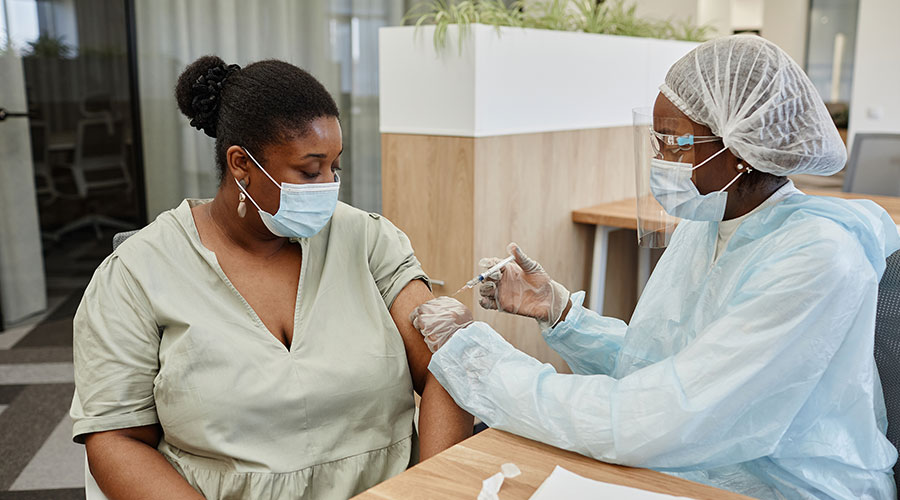Racism and discrimination are still significant issues facing the American public. Moreover, acts of racism and discrimination have significantly impacted many sectors of life, including healthcare, education, the workplace and more.
With healthcare, for example, there are many racial biases in the U.S. that directly affect the care and diagnosis of individuals suffering from diseases and other life-threatening medical conditions. Black Americans facing a deadly disease, for example, often face higher mortality rates than white individuals, often due to not receiving proper care.
For those reasons and more, when it comes to overall public health, racism and discrimination are two acts of aggression that are often deemed as threats.
Racial Biases in Healthcare
Simply put, Black Americans are not receiving the same degree of care and attention from healthcare professionals as white individuals. As aforementioned, this has a direct impact on their health. Studies have shown that there are several real racial biases that are often enacted in the U.S. healthcare system. Some of those include the following:
- Healthcare providers are less likely to provide effective and equal treatment to Black people than white individuals.
- Some healthcare providers, according to their Implicit Association Test (IAT) scores, were more likely to prescribe pain medications to white patients than to Black patients.
- Black patients, both men and women, are less likely to receive or have access to the necessary medical treatments for the early detection of life-threatening diseases.
The Lancet Medical Journal Study Findings
To determine whether racism and discrimination should be viewed as true public health threats, The Lancet Medical Journal conducted thorough and rigorous testing. The health researchers set out to prove that racism, xenophobia and other forms of discrimination cause health disparities, not only in the U.S., but worldwide. The researchers explored a variety of concepts, including epistemic injustice, biological experimentation and misconceptions about race, while using a historical lens. The research concluded that, in fact, racism and discrimination continue to be public health threats.
The study also identified six key principles that, if used, can address the health harms of racism. These include the following:
- Decolonization
- Understanding the intersections between multiple axes of discrimination
- Increasing diversity and inclusion
- Implementing reparative and transformative justice
- Actively promoting racial equity by opposing racism
- Using human rights-based approaches
Robert F. Smith and Closing the Healthcare Gap
Addressing this gap in health care and the racism and discrimination often enacted in the healthcare system is of the utmost importance to individuals like Robert F. Smith. For example, Smith supports healthcare organizations working to close the gap of care between people of color and white individuals. Smith has partnered with the Prostate Cancer Foundation, providing funding that developed a genetics-based early detection test called the Smith Polygenic Risk Test for Prostate Cancer. This test can help detect prostate cancer earlier in Black men. Smith also helped fund the Mount Sinai Robert F. Smith Mobile Prostate Cancer Screening bus, which is a mobile unit in New York City that visits predominantly Black neighborhoods to offer free prostate cancer screenings.
In addition, Fund II Foundation, of which Smith is the founding director and President, partnered with Susan G. Komen to provide funding to help women battling breast cancer. Smith and the Foundation made a $27 million grant to Susan G. Komen for the ambitious African American Health Equity Initiative in 2016.
Learn more about what Smith and Fund II Foundation are doing to support breast cancer patients.
